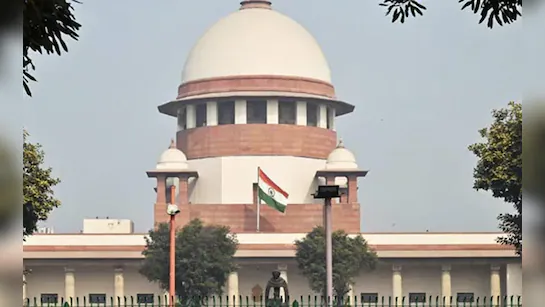The Supreme Court of India has issued a firm caution regarding Bihar’s Special Intensive Revision (SIR) of electoral rolls. It stated that the revision process could be nullified—even close to the final publication date—if any unlawful practices are uncovered.
Court’s Stern Warning to Election Commission
A bench comprising Justices Surya Kant and Joymalya Bagchi stressed that the Election Commission of India (ECI) must operate within the law while updating voter rolls. If credible evidence of illegality is presented—whether during the draft stage or after publication—the court may scrap the entire process.
Aadhaar, Voter ID, and Ration Cards: Not Citizenship Proof
The court upheld the ECI’s stance that Aadhaar cards, voter IDs, or ration cards alone cannot establish citizenship or residency. Additional documentation is necessary to prevent fraud. The bench noted this safeguard is in line with the Aadhaar Act, which makes it clear that Aadhaar does not prove citizenship.
Concerns Over Trust and Fairness
The Supreme Court also addressed the “trust deficit” between the ECI and certain political groups. Petitioners accused officials of misconduct—such as falsifying voter signatures, registering deceased individuals, and making changes without consent. The court warned that any widespread removal of eligible voters will invite judicial intervention.
Political Opposition and Civil Society Response
The revision exercise has drawn criticism from opposition parties and rights groups like ADR and PUCL. They argue that the short timelines and strict documentation rules could disenfranchise many legitimate voters—especially migrant workers and people in rural areas—due to administrative delays and lack of access to proper papers.
ECI’s Defence of the Process
In its defence, the ECI said that voters excluded in the draft will get a chance to respond. The commission pointed to an appeals process to ensure fairness and insisted the exercise is aimed at improving electoral accuracy.
Key Deadline: September 30
The final electoral roll is scheduled for release by September 30. However, given the court’s warning, the revision remains under strict judicial watch. Any proven illegality, even after completion, could result in the entire revision being set aside.
Conclusion
The Supreme Court’s statement is a reminder that electoral efficiency must not come at the cost of constitutional fairness. As Bihar moves closer to the final voter list deadline, the integrity of the process—and the protection of citizens’ voting rights—will remain in sharp focus.





More Stories
Despite Millions Spent, Delhi’s Cloud-Seeding Trial Yields No Rain
Raped, Silenced, and Pushed to the Edge: Young Doctor’s Final Note Names MP and Police Officials
Voter List Fraud: ₹80 Offered for Each Fake Deletion Request in Aland, Karnataka SIT Reveals